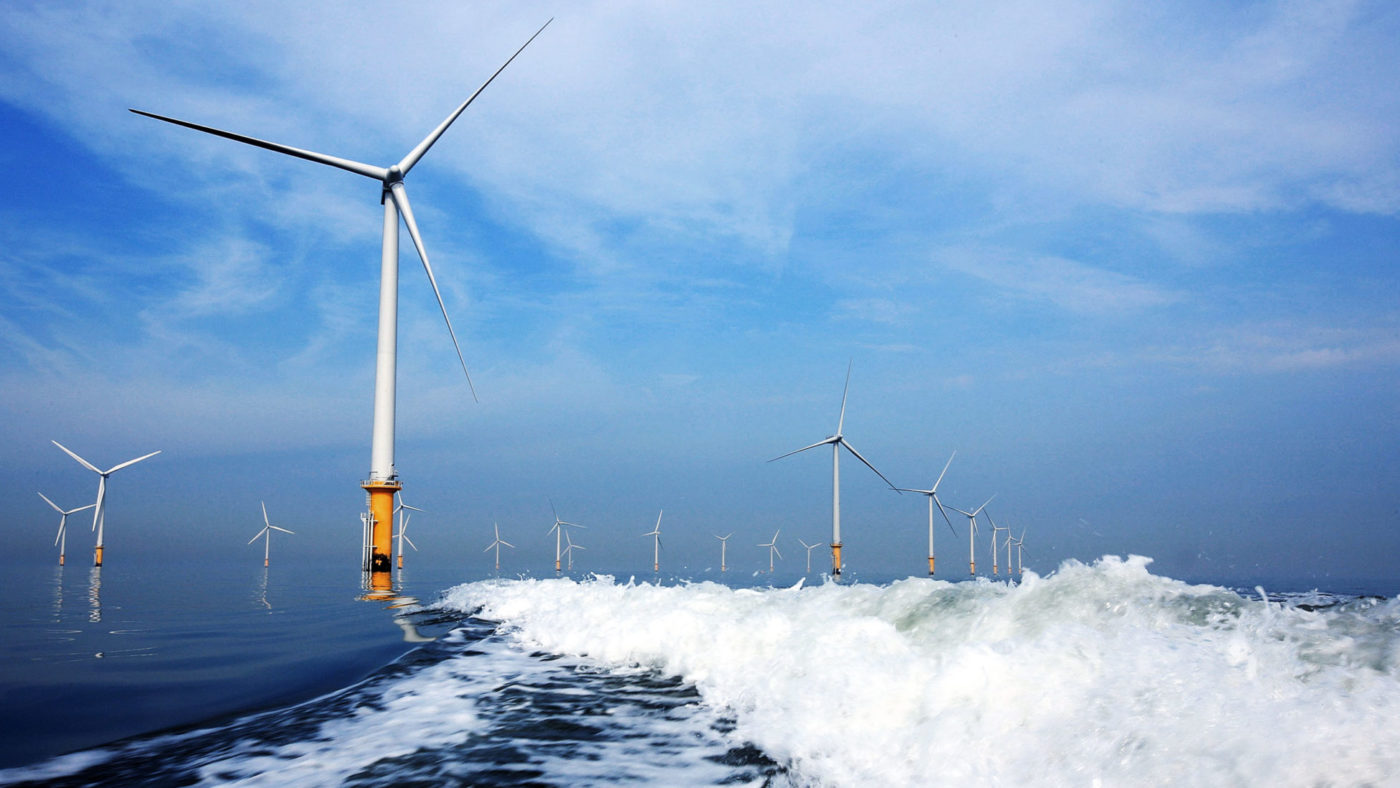Ten years since passing the world-leading Climate Change Act, the UK is well-placed to lead on tackling climate change once again. In a new report published today, Bright Blue explores the changes in the scientific, technological, and legal cases for deep decarbonisation since 2008, and makes a series of recommendations to strengthen the UK’s framework to tackle climate change.
The Climate Change Act 2008 was passed with substantial cross-party consensus, underpinned by strong scientific evidence and public concern. The Act requires the government to reduce greenhouse gas emissions in line with legally-binding carbon budgets, which cap the total volume of emissions permitted over five-year periods. Carbon budgets create a pathway to the Act’s long-term target of reducing greenhouse gas emissions by at least 80 per cent relative to 1990 levels, by 2050.
Since 2008, the UK has made good progress in certain sectors and enjoyed numerous benefits. The economy has grown whilst emissions have fallen. Likewise, the average consumer energy bill is now more than £100 lower in real terms than in 2008. New British industries have emerged; for instance, one in every five electric vehicles driven in Europe is made in the UK and more models are in production. Although the first three carbon budgets are set to be easily met, the UK is on course to miss its fourth and fifth, as sectors such as transport and farming have made minimal progress.
As Bright Blue’s new report finds, the scientific, technological, and legal cases for deeper decarbonisation have strengthened.
The key indicators of climate change, such as global mean temperatures, ice cover and sea level rise, have continued to deteriorate. For instance, since 2008, the Intergovernmental Panel on Climate Change estimates that global average sea levels have risen by approximately 32 millimetres as a result of marked reductions in ice cover in both Antarctica and Greenland. The destructive impacts of climate change are already manifesting themselves, from sea level rise amongst countries such as Fiji and Tuvalu, to increased flood risk and a decline in native species here in the UK.
More positively, developments in clean technology have made deeper decarbonisation cheaper and more practical, including in previously difficult sectors such as agriculture and shipping.
With a world-leading technology and skills base, the UK is well-placed to capitalise on the opportunities from the rapid development of new clean technology. For instance, onshore wind is now the cheapest form of power generation in the UK, enabling cheaper decarbonisation of the electricity sector.
In the agricultural sector, drones are being developed which can plant, water, fertilise, and monitor crops, reducing carbon emissions from the soil. The UK’s industrial strengths in aerospace and shipping position it well to develop and commercialise new clean technologies such as new hybrid and electric planes, as well as sustainable bio jet fuels.
Finally, progress in the international legal framework, particularly the Paris Agreement, requires greater ambition on the UK’s targets, as the Committee on Climate Change has indicated. The UK ultimately must reach “net zero” greenhouse gas emissions, whereby all domestic emissions are eliminated and any that remain are offset by processes that remove greenhouse gases from the atmosphere.
The UK should enshrine in law a new net zero emissions target in line with the Paris Agreement. This target would provide clarity to businesses and the public on the UK’s long-term ambition for decarbonisation and would strengthen the low-carbon economy, which is already experiencing above average growth.
As clean technology is not currently able to completely decarbonise every sector of the economy, the limited use of international carbon permits, which offset emissions through funding emission reduction projects abroad, would ensure that the net zero emissions target is feasible. However, they should only be used with the CCC’s advice and reviewed as clean technology progresses.
In addition, the UK should establish and lead an international net zero alliance, distinct from, but complementary to, the Paris Agreement. The UK could also use its two-year term as Commonwealth Chair to encourage other Commonwealth nations, many of which are on the frontlines of climate change, to follow suit.
To reduce emissions in the agricultural sector, one of the most challenging to date, the Government should award contracts to farmers, land owners, and land managers to deliver particular measures that reduce or store carbon emissions through a new market-based commissioning scheme for rural payments. This scheme could contribute significantly to mitigating climate change, whilst at the
same time helping to tackle biodiversity decline.
Strengthening domestic climate policies would allow the UK to lead international efforts to combat climate change. Polling for Bright Blue has found this would have widespread public support. Sixty-four percent of those surveyed agreed that the UK should aim to cut its net emissions to zero in the next few decades. Likewise, 63 per cent agreed that the UK should be a global leader in tackling climate change.
In addition, international climate leadership could be a key component of the Government’s post-Brexit “Global Britain” strategy. The UK must avoid being left behind as international momentum builds. Instead, it should seize this new, popular opportunity for deeper decarbonisation.


